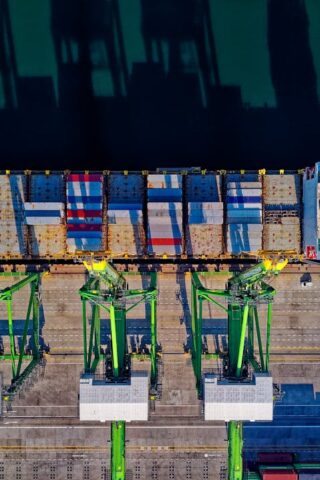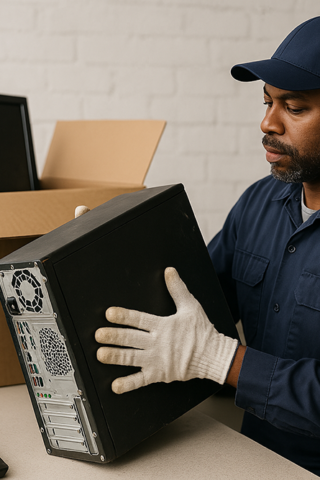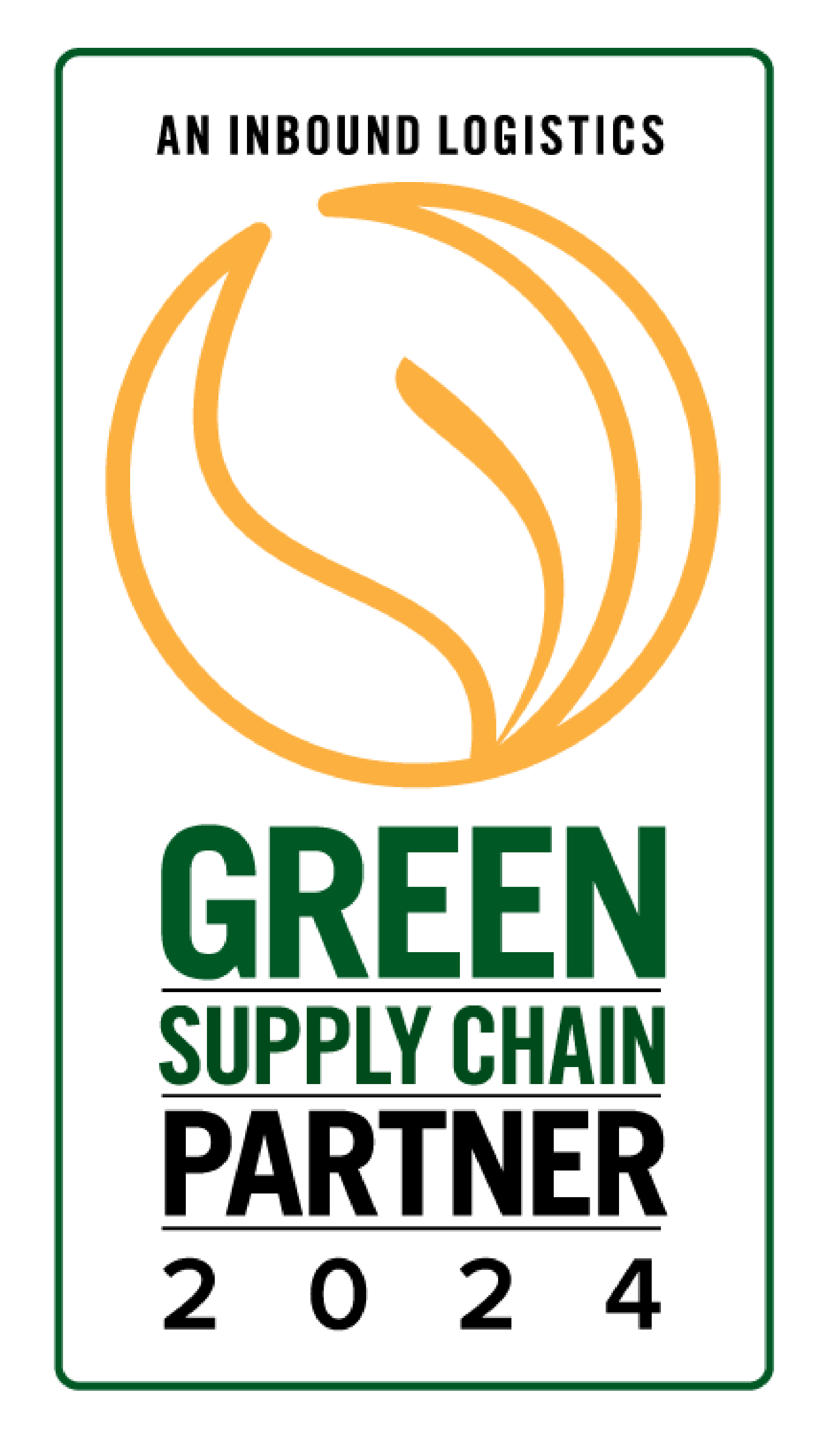Business Daily Africa, TUESDAY DECEMBER 21 2021
Climate change unrelenting and devastating footprint on livestock, wildlife, coral reefs, tropical forests and the arctic ecosystems is indisputable.
The conversation around climate change should start with each individual to understand how our activities contribute to the depletion of the Ozone layer.
We collectively must ask ourselves pertinent questions in terms of how each one of us can help reduce the effects of our activities on climate change.
Human activities directly or indirectly contribute to climate change.
Reverse logistics plays a key role in protecting the environment through reduction in waste associated with recycling as well as reduction in energy consumption through reuse.
It deals with the handling of the goods that are being returned to the manufacturer by the customer and covers activities that determine the fate of these returned goods, including re-manufacturing, recycling, recall, repackaging, refurbishing and disposal.
The primary goal of reverse logistics is to reduce harmful effects on environmental sustainability and also increase efficiency of supply chains with reduction of costs.
Apart from ensuring compliance with international laws and regulations, firms must incorporate reverse logistics to adhere to and support international principles for sustainable business conduct.
Waste reduction ways such as recycling and reuse, recall, remanufacture, biological treatment, incineration and fill disposal can be adopted by firms to minimise resource and energy use during production. According to Nema, more than two million plastic bags are generated in Nairobi annually.
The reverse logistics paradigm improves the environmental, social and economic performance of most firms contributing to cost savings and lessening the impact of supply chain activities on the environment.
Nike has created an alliance to collect used tennis shoes as part of the Reuse a Shoe Program and also have a policy on factory emissions to cut global warming.
Panya is a Public Policy and Governance Expert Lecturer and Researcher at Jomo Kenyatta University (JKUAT)








